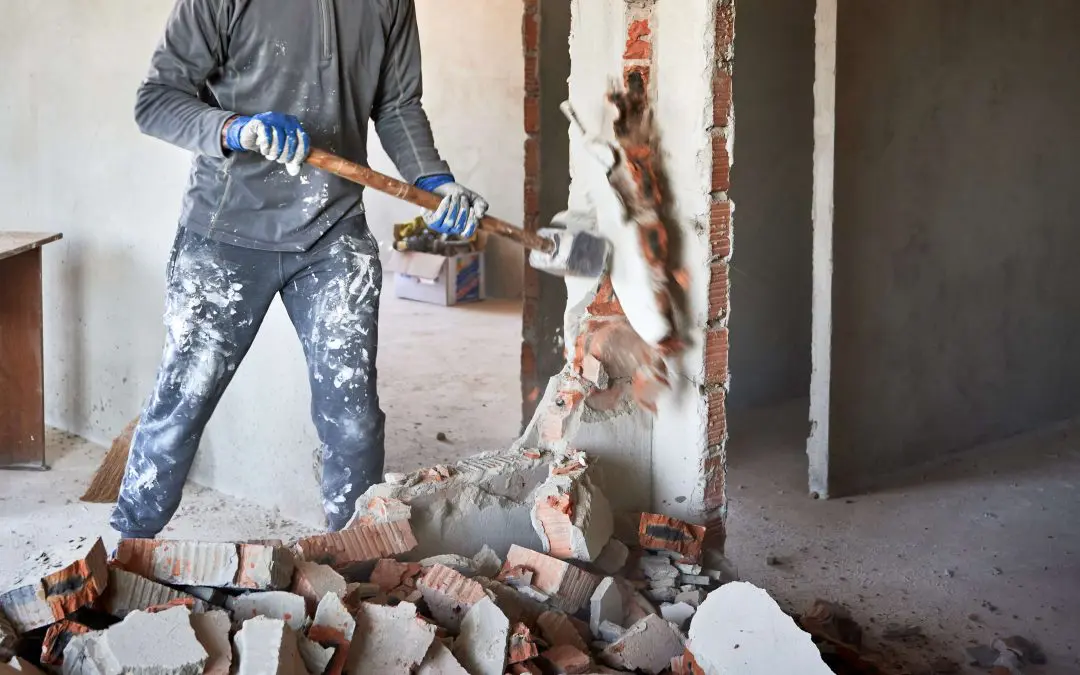Starting a home renovation is exciting. A new kitchen, modernized bathroom, or extra living space could instantly make your house feel fresh and tailored to your lifestyle. But before swinging a hammer or tearing down walls, it’s crucial to understand precisely what you’re working with. An inspection before renovation gives homeowners a clear picture of their property’s condition and helps identify potential issues that could affect the project. Skipping this step may lead to hidden problems that delay your timeline, stretch your budget, and even compromise safety. By inspecting first, you’re building your renovation on a solid foundation.
Protecting Your Investment with an Inspection Before Renovation
Home renovations are an investment in your property, both financially and emotionally. Whether you plan to live in the home for years or eventually sell it, you want to be confident the money you’re spending is going toward lasting improvements. An inspection before the renovation will protect the investment by uncovering problems early. Issues like faulty wiring, aging plumbing, or roof leaks may not be visible at first glance, but they could cause significant damage if ignored.
What an Inspector Looks For
When scheduling an inspection, a licensed inspector evaluates your home’s key systems and structures. This includes foundations, framing, roofing, electrical wiring, plumbing, and HVAC systems. If your project involves adding space, such as finishing a basement or building an addition, the inspector will check for moisture problems, ventilation, and load-bearing walls. The focus may be on plumbing and electrical systems for kitchen or bathroom remodels. The result is a clear, detailed report outlining what’s safe to move forward with and what should be addressed first.
Avoiding Unwelcome Surprises
Every homeowner has heard a renovation horror story where unexpected problems sent costs skyrocketing. Walls are opened up, only to reveal mold, termite damage, or outdated electrical systems. These surprises often lead to budget overruns and stalled timelines. An inspection before renovation doesn’t guarantee you’ll avoid every surprise, but it greatly reduces the chances. By knowing in advance what you’re working with, you will make informed decisions, set realistic budgets, and prioritize repairs that need attention before the renovation begins.
Safety Comes First
Beyond protecting your wallet, an inspection before your renovation is critical for safety. Older homes, in particular, may have hidden hazards like asbestos insulation, lead paint, or deteriorating wiring. If these issues aren’t identified and handled properly, they could put your family and contractors at risk during construction. An inspection highlights these dangers, which may be addressed with the appropriate precautions, guaranteeing your renovation is safe.
Using the Inspection as a Planning Tool
The information from an inspection is a powerful planning tool. Rather than jumping into cosmetic updates, you can prioritize improvements that provide long-term stability and value. This planning prevents wasted effort and money on projects that have unresolved structural or safety issues that might later compromise. Think of the inspection as the blueprint for a successful, worry-free renovation.
Long-Term Value of Having an Inspection Before Renovation
An inspection before renovation often pays for itself many times over. By identifying necessary repairs, you reduce the risk of redoing work later. You also create a safer, more reliable living environment, increasing your home’s long-term value. If you ever decide to sell, potential buyers will appreciate that your renovations were built on a solid foundation and not rushed into without proper preparation. The inspection is about protecting the future of your investment.
FAQs About Inspection Before Renovation
Do I really need an inspection before renovation if I’ve already had a home inspection when I bought my house?
Yes. The inspection you had at purchase was designed to give you an overview of the home’s condition at that time. An inspection before renovation focuses on the specific areas tied to your project and ensuring the systems in your home will handle the planned changes.
How much does an inspection for renovations usually cost?
The cost varies depending on your home’s size and the renovation’s scope. Generally, the investment is small compared to the potential expense of unexpected repairs during the remodel.
Who should perform an inspection?
A licensed home inspector with experience in pre-renovation assessments is the best choice. They know to evaluate your home’s structure and systems and will provide a detailed report to guide your planning.
Can an inspection speed up my project?
Yes. By identifying issues ahead of time, contractors can plan around them instead of halting work mid-project to address surprises. This preparation often results in smoother timelines and fewer costly delays.
JBS Home Inspections offers home inspections in the greater Boston area. Contact us to request our services.

